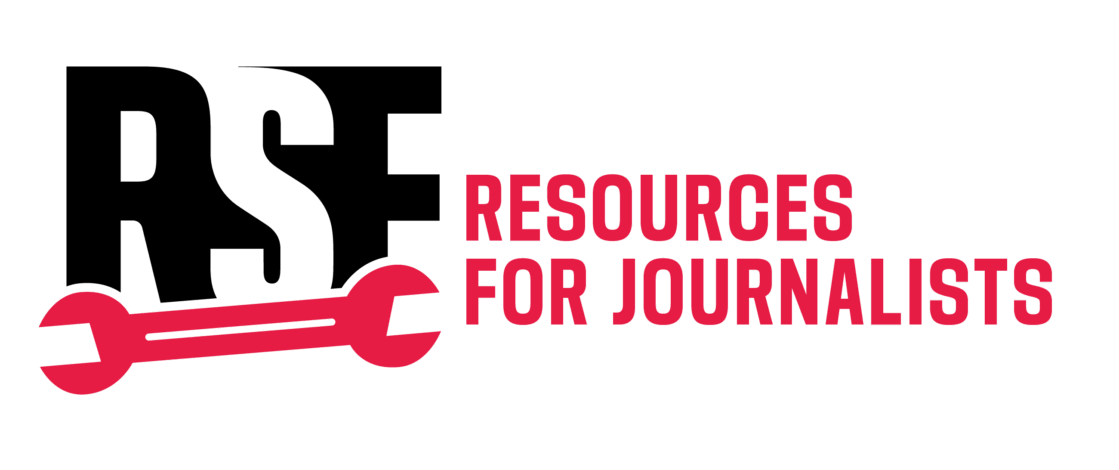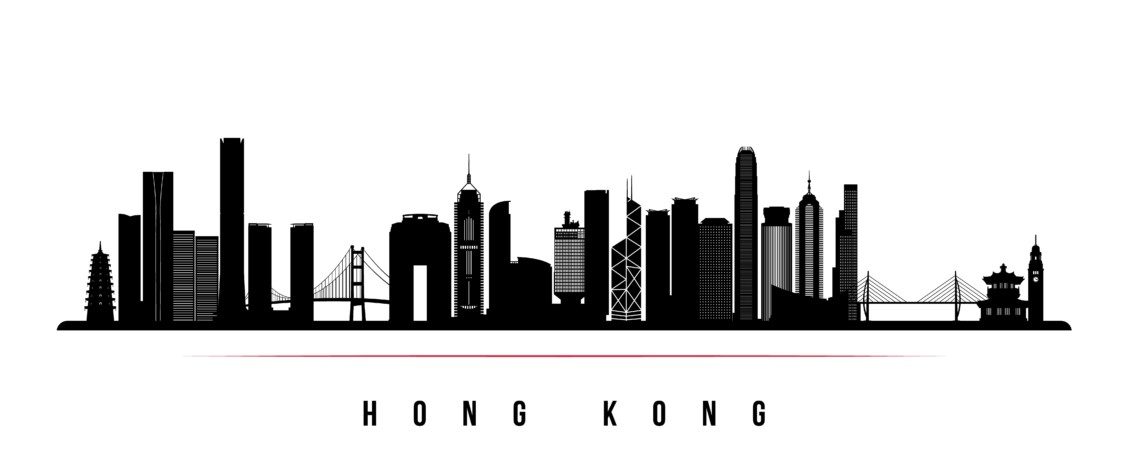An updated version of the Hong Kong appendix to Reporters Without Borders (RSF) Safety Guide, recently published on this site, takes stock of the new challenges threatening journalists reporting on the territory.
In 2022, Reporters Without Borders (RSF) published an appendix dedicated to reporting in Hong Kong as a complement to the RSF Safety Guide for Journalists produced in partnership with UNESCO, which offers practical advice to reporters going to high-risk areas on physical security and digital safety. The appendix was created to answer pressing questions that Hong Kong journalists had about the new red lines in the territory after the promulgation of the Beijing-imposed National Security Law (NSL) in June 2020.
Divided in five parts, it recalls the dire press freedom situation in Hong Kong that has sharply deteriorated in the past few years; provides safety tips for journalists who may encounter law enforcement, face legal charges or be subject to surveillance; and offers digital security advice on how to manage one’s presence online and protect communications with sources. Finally, the appendix compiles useful resources journalists may need, notably related to RSF assistance services and mental health counselling.
This updated version of the appendix, titled “The new risks of reporting in Hong Kong,” incorporates the new challenges that journalists in Hong Kong nowadays face. The main changes stem from the legal side after the enactment in March 2024 of the Safeguarding National Security Ordinance (SNSO), commonly referred to as “Article 23.” This new disposition of the Basic Law introduces five new types of offences that are likely to be weaponised against journalists in the near future. Legal developments in iconic cases related to the media, such as the sentencing of two chief-editors of pro-democracy media outlet Stand News in September 2024, are also featured in this guide.
Download the PDF:
• In English
• In traditional Chinese
• In simplified Chinese



